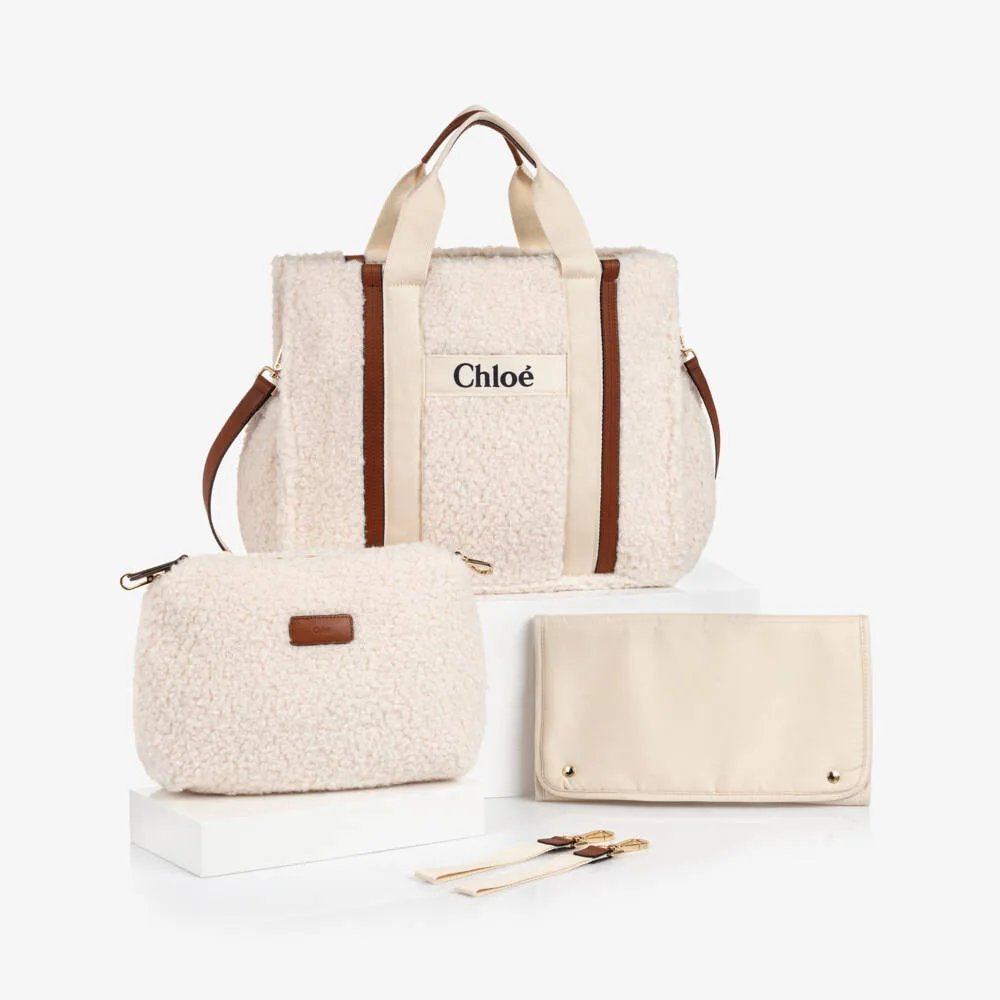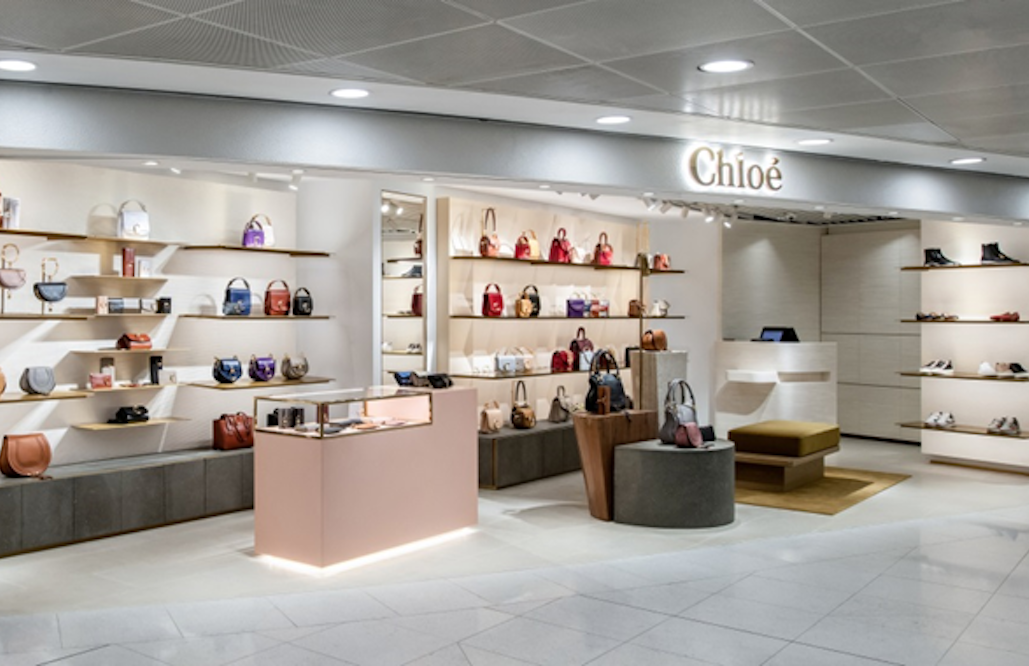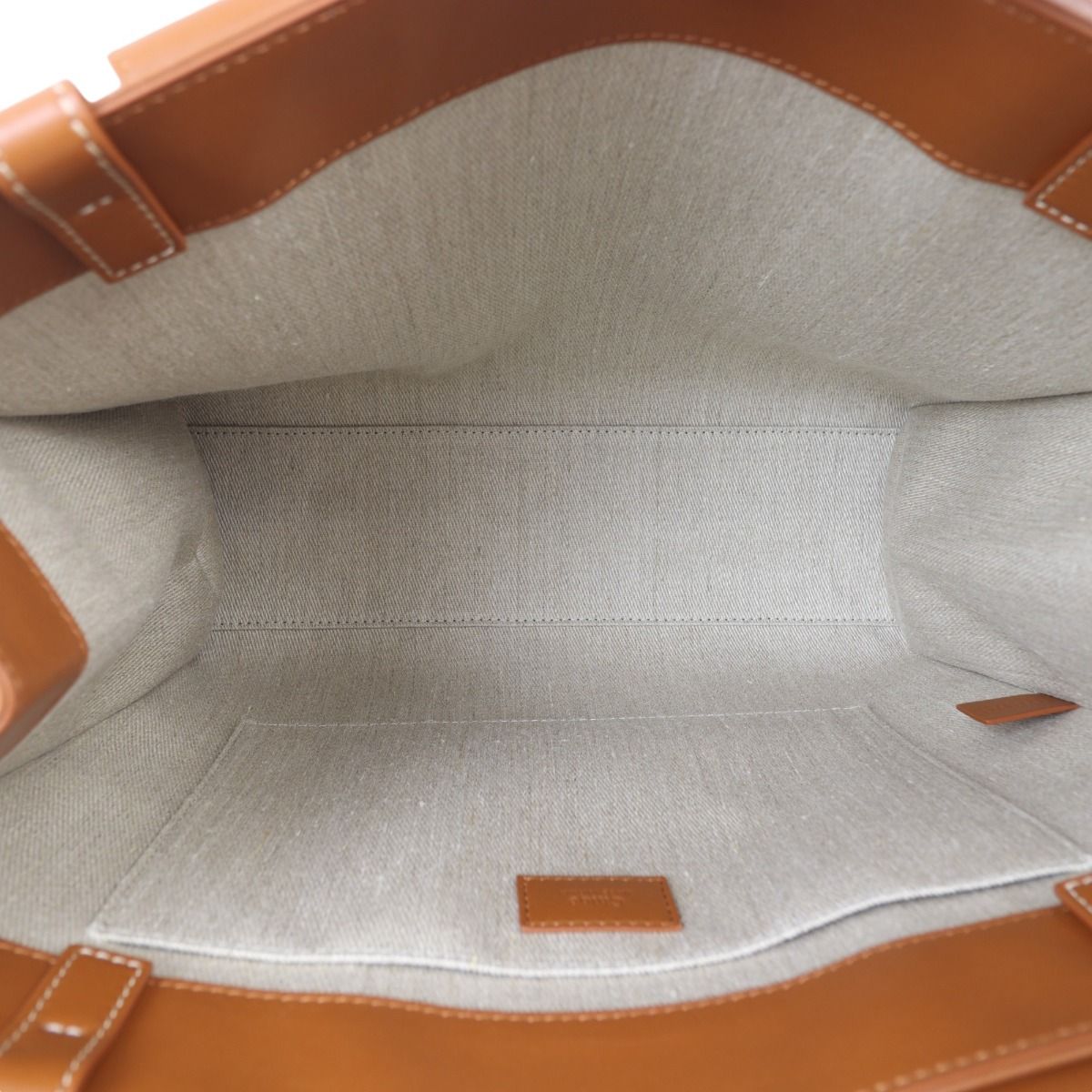Founded in 1952, Chloé is a renowned French luxury brand admired for its effortlessly chic designs and bohemian-inspired elegance. Its tote bags—crafted with premium materials and iconic silhouettes—are loved by customers worldwide.
But in today’s globalized fashion industry, where production often shifts across borders to improve efficiency, many buyers and sourcing managers are beginning to ask: Are Chloé tote bags still made in France? This question isn’t just about origin—it also matters to those looking for a reliable tote bag manufacturer, a high-quality tote bag factory, or suppliers for bulk custom tote bags and private label tote bag production.
In this article, we’ll explore where Chloé’s tote bags are actually produced today—and what that reveals about the brand’s craftsmanship, global sourcing strategy, and manufacturing partnerships.
1. Chloé Tote Bag Supplier: The Evolution of a French Luxury Icon

Founded in 1952 and headquartered in Paris, Chloé is one of the most iconic French luxury fashion houses, renowned for its feminine charm and effortless bohemian elegance. While production logistics have evolved over the decades, Chloé’s design remains deeply rooted in France. The brand continues to be guided by a Paris-based creative team, ensuring each tote bag reflects the authentic “French spirit” that defines its DNA. Whether it’s the romantic silhouette of the Marcie or the structured lines of the Woody tote, the brand’s signature aesthetic remains unmistakably French.
Despite the growing demand for global production efficiency—including ODM tote bag partnerships and wholesale custom tote bags—Chloé has maintained strong oversight of its creative and material sourcing standards. Former Creative Director Gabriela Hearst emphasized the brand’s direction clearly: “We’re not just designing beautiful products. We’re designing with purpose—respecting craftsmanship, sustainability, and people.” This ethos has translated into the selective use of eco-friendly tote bag materials like canvas, organic cotton, and reusable jute tote bags, aligning with environmentally conscious values.

One well-known story illustrates this commitment. Upon reviewing a new design for a luxury tote bag, Hearst decided to replace the standard leather with a fully traceable, plant-based alternative. She personally coordinated with the supplier to ensure sustainable sourcing, despite a 30% increase in cost. “If we can’t take responsibility in our process,” she noted, “how can we ask customers to invest in our philosophy?” This mindset continues to shape how Chloé approaches not only materials—such as polyester tote bags, non-woven tote bags, and artisanal cotton tote bags—but also its production services, which now extend to tote bag sampling, custom packaging tote bag, tote bag printing service, and tote bag embroidery service, often with fast turnaround tote bag solutions for exclusive lines.
2. Where Are Chloé Tote Bags Manufactured Today?
While Chloé is proudly rooted in Parisian heritage, many consumers are surprised to learn that most of its tote bags are not manufactured in France on a large scale. Like many modern luxury brands, Chloé has adopted a strategic, globalized production model that balances craftsmanship with operational efficiency—something increasingly important to sourcing professionals and private-label tote bag clients seeking both design and scalability.
In recent years, the brand has shifted much of its bag manufacturing to other parts of Europe, especially countries renowned for their leather craftsmanship. This shift doesn’t signal a loss of quality—on the contrary, these regions are known for their deep artisan traditions and technical expertise in bag production. Today, Chloé tote bags are commonly manufactured in the following countries:
-
Italy – As the global capital of leather goods, Italy provides access to high-grade leathers, sophisticated machinery, and world-class artisans. Many of Chloé’s more structured and premium tote bags are made here, benefitting from meticulous finishing techniques and luxury craftsmanship. Italian facilities also attract ODM tote bag brands seeking refined construction and consistent quality.
-
Spain – With a long history in shoemaking and bag manufacturing, Spain offers a strong supply chain and skilled labor for mid-to-high-end leather goods. Its factories support smaller batch production and often provide tote bag sampling options for early-stage development or seasonal lines.
-
Portugal – Known for its growing presence in leather accessories, Portugal provides high manufacturing standards at a slightly lower cost. Many factories here are experienced in wholesale custom tote bags and are equipped for custom packaging tote bag services, supporting both branding and logistics efficiency.
These choices reflect broader trends in the luxury fashion industry. For Chloé and many of its peers, producing in France has become more symbolic than practical—often reserved for haute couture or limited-edition lines due to the high labor costs and limited production capacity. By turning to other European nations, the brand can uphold high quality while scaling production to meet global demand.
Several reasons explain this regional diversification:
-
Exceptional Craftsmanship
Countries like Italy and Spain have centuries-old traditions in leatherworking. Their artisans are skilled in complex processes such as edge painting, panel construction, and hand embossing—skills crucial for premium tote bags. -
Skilled Labor Availability
Compared to France, countries like Portugal offer a broader pool of experienced craftsmen at a more sustainable labor cost. This balance allows brands to maintain quality without inflating final retail prices excessively—making it a preferred region for premium tote bag factory partnerships. -
Cost and Supply Chain Efficiency
Luxury brands must remain competitive, even at the high end. By manufacturing in locations where labor and raw materials are slightly more cost-effective, Chloé ensures it can offer a wide range of materials and styles without compromising quality or delivery time. These production hubs also allow more flexibility in handling special requests and limited runs, which is essential for both retail and B2B tote bag buyers.
3. The Perception of “Made in Europe”
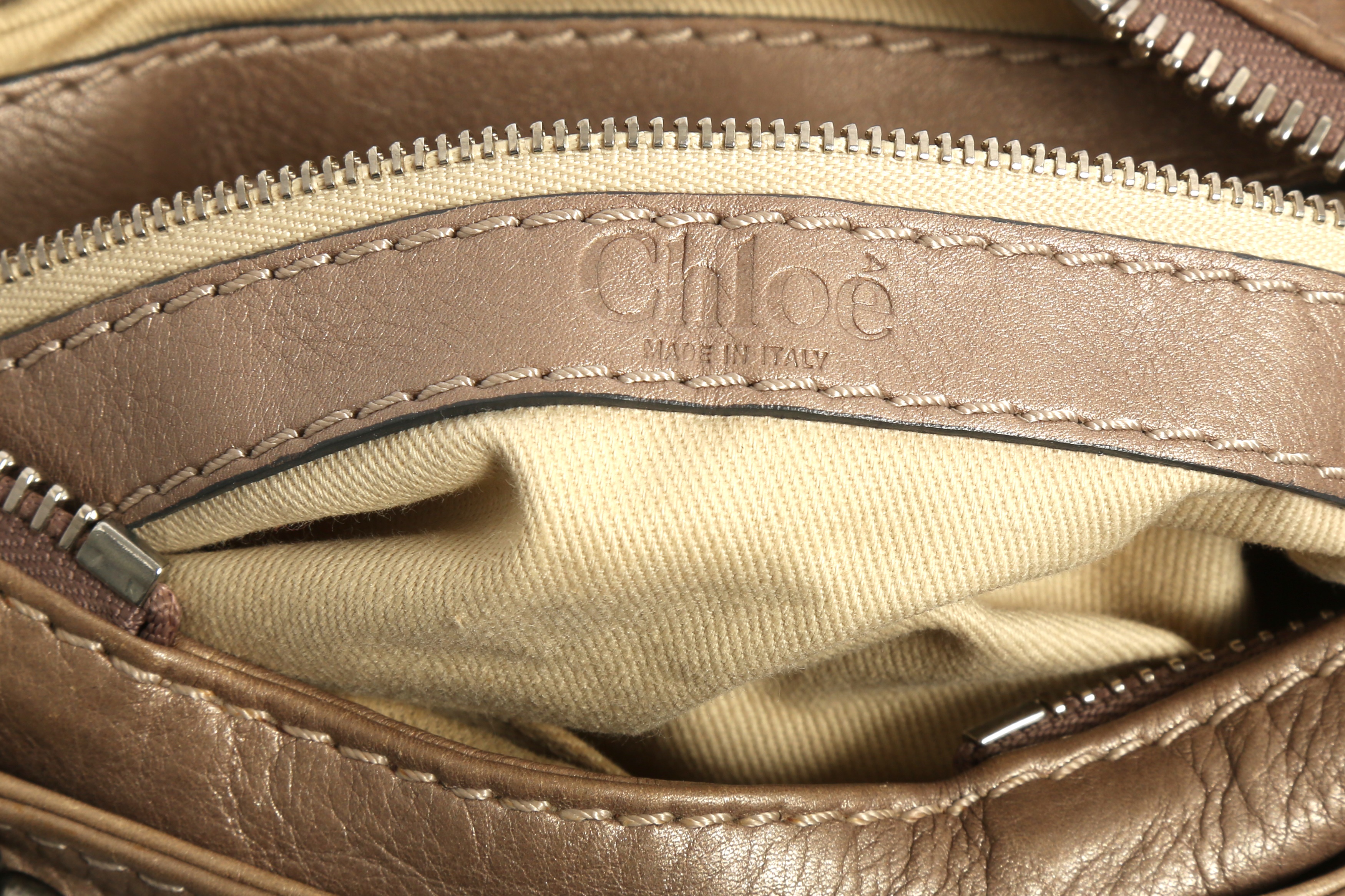
Despite not being produced in France, Chloé tote bags still benefit from the allure of European craftsmanship. The “Made in Italy” or “Made in Portugal” label retains significant prestige in the luxury market, as consumers associate these regions with artisanal excellence. By maintaining production within Europe, Chloé ensures that its products meet high standards while balancing cost and scalability—a strategy adopted by many other luxury houses, including Prada, Gucci, and Bottega Veneta.
In conclusion, while Chloé remains a quintessentially French brand in design and heritage, its manufacturing strategy reflects the realities of the modern luxury industry. By partnering with skilled artisans across Italy, Spain, and Portugal, the brand delivers high-quality tote bags that align with consumer expectations for craftsmanship and exclusivity, all while navigating the economic and logistical demands of global fashion.
Does “Made in France” Still Matter in Luxury Fashion?

In the world of luxury, “Made in France” was once synonymous with elegance and exquisite craftsmanship. A label bearing these words could effortlessly justify a 30% price premium, as it represented not just a manufacturing origin but an entire lifestyle—refined, romantic, and eternally sipping wine by the Seine. However, behind the scenes, many brands have quietly shifted production outside France, relocating to Italy, Spain, and even Southeast Asia.
So, why the move? The answer is simple: Paris may be beautiful, but it’s expensive. Maintaining large-scale production in France means facing high labor costs, strict regulations, and rigid working hour restrictions. Meanwhile, countries like Italy and Spain offer equally skilled leather craftsmanship, more flexible production schedules, and better pricing structures. As a result, brands have come to a pragmatic realization: “Romance stays in Paris, but stitching happens in Florence.”
This leads to another question: Do consumers still care about origin? The answer is mixed. For some, “Made in France” remains a status symbol, a mark of authenticity. But for an increasing number of conscious buyers, transparency, sustainable sourcing, and ethical production are becoming the real deciding factors. In the digital age, shoppers can easily research a brand’s supply chain, verifying whether manufacturing aligns with their values.
According to Bain & Company’s luxury market research, “Origin is no longer the sole determinant of luxury value. Consumers care more about how you make a product than where you make it.” This means that as long as a brand maintains high craftsmanship and ethical commitments, even a canvas material tote bag or cotton tote bag produced outside France can still command respect—and sales.
The Shift in Consumer Preferences

Today, luxury shoppers are increasingly drawn to eco-friendly tote bags and reusable tote bags, prioritizing sustainability over traditional prestige markers. Brands are responding by offering ODM tote bag services and wholesale custom tote bags, allowing for greater personalization while maintaining ethical standards. Whether it’s a custom logo tote bag for corporate clients or a printed design tote bag for fashion-forward buyers, the focus is shifting toward design & functionality rather than just country of origin.
In conclusion, while “Made in France” still holds nostalgic appeal, its dominance is fading. Modern consumers value polyester tote bags made with recycled materials just as much as a classic leather piece—as long as the brand can prove its commitment to quality and responsibility. The future of luxury isn’t just about where something is made, but how it’s made—and who it’s made for.
Conclusion:
While most Chloé tote bags are no longer manufactured in France, the brand maintains its luxury standards through trusted production partners across Europe—leveraging Italy’s leather mastery, Spain’s artisanal heritage, and Portugal’s sustainable innovation.
For today’s discerning consumers, the true value of a luxury handbag lies beyond the “Made in” label. It’s about thoughtful design, enduring craftsmanship, and ethical commitments—whether that means a limited-edition printed tote bag or an eco-friendly canvas tote crafted with recycled materials.
Ready to invest in timeless style with a conscience? Explore Chloé’s latest collection and discover how luxury is redefining itself—one responsible stitch at a time.

